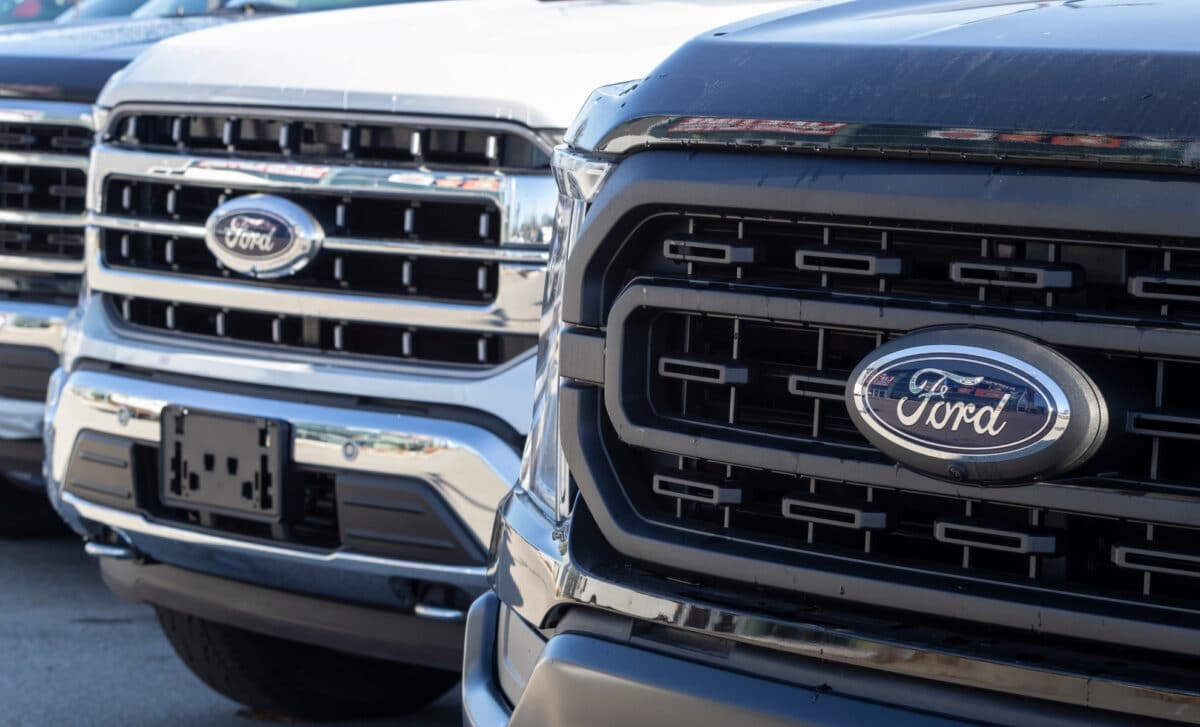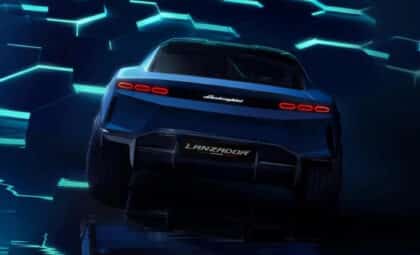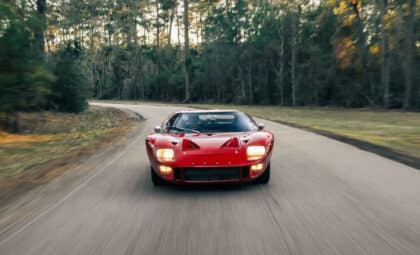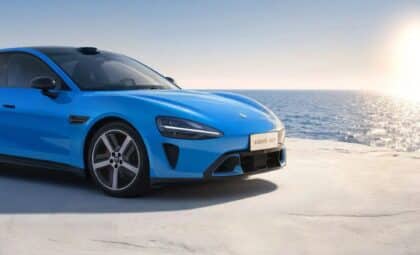Calling China the “700-pound gorilla” in the electric vehicle industry, Jim Farley said the scale and sophistication of their production pose an unprecedented threat to the US auto sector.
Despite steep tariffs and current market barriers, Farley believes American automakers are facing a moment of reckoning. With Chinese companies developing advanced in-vehicle technologies and producing high-quality EVs at scale, Ford’s CEO argues that the risk is no longer theoretical—it’s already here.
China’s automotive sector has quietly transformed in recent years, evolving from low-cost imitators to global contenders in electrification. While the US market remains protected for now by a 100-percent tariff on Chinese EV imports, Farley insists this buffer won’t last forever. Speaking to CBS Sunday Morning, he emphasized that the competitive threat from China is more intense than the one Japan presented in the 1980s, highlighting that China already has enough factory capacity to supply the entire North American market.
This shift in tone from Ford’s top executive signals deeper anxiety within the American car industry, especially as legacy manufacturers work to accelerate their own EV programs. The landscape is changing fast—and the pressure is mounting.
Chinese Brands Gain Ground with Superior In-Car Tech
Jim Farley hasn’t just studied Chinese EVs from afar—he’s been driving one. The Ford CEO told CBS Sunday Morning that he uses a Xiaomi SU7 daily, praising its “high quality” build and “great digital experience.” The reason, he explained, is simple: “To beat them, you have to know them.”
What struck Farley most is not just the price point of these vehicles, but how seamlessly they integrate with users’ digital lives. “Huawei and Xiaomi are in every car. You get in, you don’t have to pair your phone. Automatically, your whole digital life is mirrored in the car,” he said in the interview. This level of user experience has left many Western brands scrambling to catch up in an area where they once had the upper hand.
In the same statement, Farley called the Chinese competition “completely dominating the EV landscape globally,” underscoring that the threat is no longer limited to domestic borders. Despite being barred from the US market for now, these brands are aggressively expanding in regions with fewer trade restrictions.
Ford’s Strategic Pivot in Response to Foreign Pressure
Faced with this rising competition, Ford is rethinking its own EV strategy from the ground up. According to Motor1, the company is now focusing on developing smaller, cheaper electric vehicles, including a $30,000 electric pickup, aimed at boosting affordability and accessibility in the US.
This change marks a significant shift from Ford’s earlier approach, which centered on more premium models like the Mustang Mach-E. The need to produce lower-cost alternatives became more urgent as Chinese automakers demonstrated they could deliver both innovation and affordability without compromise.
The company also announced a new manufacturing system designed to streamline production and cut costs, hoping to position Ford more competitively against a rising tide of low-priced, high-tech imports. While Farley acknowledged the current impact of tariffs on limiting Chinese EV access, he stressed that relying on protectionist policies is not a viable long-term strategy.
A Global Competition Beyond Electric Vehicles
For Ford, the rivalry with China extends beyond EVs. Farley said that automakers are “in a global competition with China, and it’s not just EVs.” His warning is grounded in the idea that dominance in vehicle software, battery technology, and supply chains will ultimately determine the winners of the next industrial era.
Farley described the situation as “a completely different level of risk for our industry.” He recalled how the Japanese auto boom of the 1980s led to major shakeups in the US market but pointed out that China’s manufacturing scale is far greater than anything Japan achieved. “They have enough capacity in China with existing factories to serve the entire North American market,” he noted. “Japan never had that.”










Jim Farley should worry more about producing quality vehicles with less recalls. The current Ford recall numbers are staggering. I am seriously considering buying anything but a Ford. If Taiwan or South Korea made quality cars and trucks gas or electric I would certainly consider buying them.